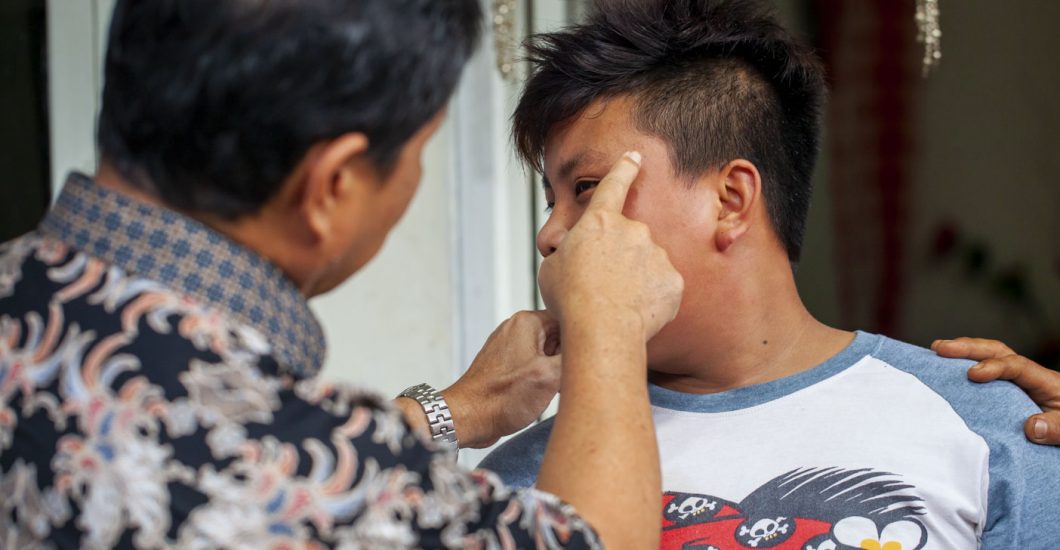Signs and symptoms of leprosy

Leprosy signs and symptoms
Leprosy, also known as Hansen’s disease, is a chronic infectious disease caused by a bacteria called Mycobacterium leprae. It primarily affects the skin and nerves but can also cause damage to the eyes and respiratory tract. Leprosy is a curable disease, but it can cause severe disabilities and deformities if left untreated. Therefore, it is essential to recognize the signs and symptoms of leprosy as early as possible to seek appropriate medical treatment.
Here are some of the first signs and symptoms of leprosy:
1. Skin lesions
One of the first signs of leprosy is the appearance of skin lesions. These lesions may be pale, slightly red, or copper-colored and may be flat or raised. The lesions may not be painful, but they may be numb or have reduced sensation.
2. Numbness or tingling
Leprosy can cause nerve damage, leading to numbness or tingling in the hands, feet, arms, and legs. This numbness can lead to injuries or burns going unnoticed, leading to infections and further complications.
3. Muscle weakness
Leprosy can cause muscle weakness, leading to difficulty in performing daily activities such as walking, holding objects, or grasping items.
4. Eye problems
Leprosy can cause eye problems such as blindness, eye pain, and difficulty blinking. These symptoms may occur due to damage to the nerves that control eye movement or the cornea.
5. Stuffy nose
Leprosy can cause the lining of the nose to thicken, leading to stuffiness and difficulty breathing through the nose.
It is important to note that the symptoms of leprosy can take years to appear after exposure to the bacteria. Therefore, if you suspect you may have been exposed to leprosy, it is crucial to seek medical attention immediately. Early diagnosis and treatment can prevent the disease from causing severe damage and disabilities.
In conclusion, leprosy is a serious infectious disease that can cause significant physical and emotional damage if left untreated. Knowing the early signs and symptoms of leprosy can help you seek medical attention promptly and prevent the disease from causing further harm. If you suspect you may have leprosy, seek medical attention immediately.